Reasons You're Not Hungry

Hunger is your body’s signal that it needs fuel. Your brain and gut work together to give you that feeling. So if you don’t feel like eating, a number of things could cause that dip in appetite, including certain medications, emotions, and health issues.

When you get stressed, your body reacts as if it’s in danger. Your brain releases chemicals, including adrenaline, that make your heart beat faster and slow your digestion. That can curb your appetite. This is called the fight-or-flight response, and it lasts only a short time. If you're stressed over a long period, your body releases a hormone called cortisol, and it makes you hungrier, especially for high-calorie foods.
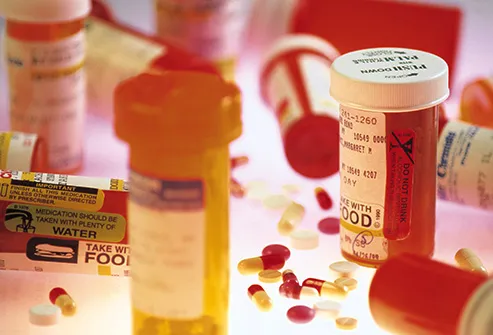
Many medicines can have appetite loss as a side effect. Some of the most common ones include antibiotics, antifungals, and muscle relaxants. Drugs that treat depression, migraines, high blood pressure, chronic obstructive pulmonary disease, and Parkinson’s disease can also affect your hunger. If you haven't been eating, check with your doctor to see if any of the medications you take could be causing the problem.
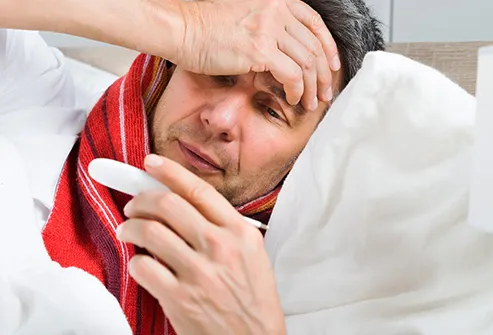
When you’re sick, your immune system kicks into high gear. It releases chemicals called cytokines that can make you tired and not eager to eat. It’s your body’s way of telling you to rest so it can get the energy it needs to fight what’s making you ill. But eating a little something can give your immune system a boost. Try a bowl of chicken soup: Research shows that it helps with inflammation, and that can make you feel better.

You’re supposed to be eating for two but don’t feel like chowing down? That’s because many moms-to-be battle nausea, especially during the first trimester. Although it’s called morning sickness, it can strike any time of day. Easy-to-digest foods, like crackers or dry toast, can calm the queasiness. Also, try to eat small meals or snacks often -- an empty stomach can make things worse.
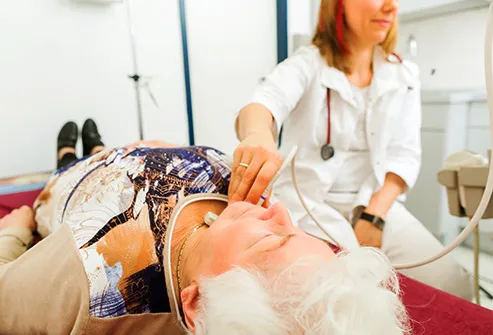
Your thyroid hormones control how your body turns food into energy. When that gland doesn’t make enough of those, your body functions slow down. The result: You use less energy and your hunger dips. But because you’re not burning as many calories, you may actually gain weight. Your doctor can test for the condition and, if that's the problem, give you thyroid hormone to speed things up again.
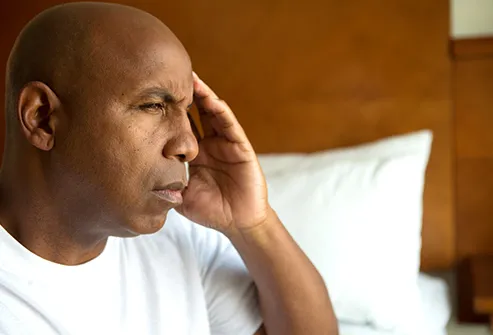
A pounding head alone can be enough to make you lose your appetite. But a migraine also can cause nausea and vomiting. And you may not feel like eating even after it goes away. A dip in hunger is common in the day or two after a migraine. Medications can help prevent them or treat them when you have them.
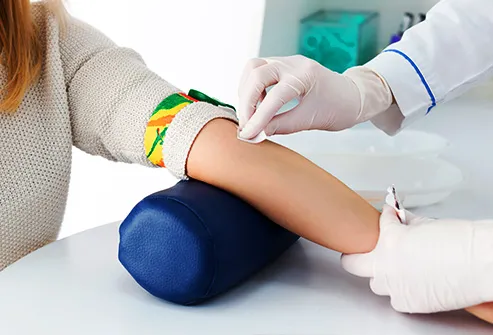
This condition happens when your body doesn’t make enough healthy red blood cells. Their job is to carry oxygen throughout your body. If you don’t have enough of them, you may feel tired and weak, and have little appetite. If you have symptoms, which also include chest pain and headaches, your doctor can give you a blood test to see if you’re anemic. If you are, she may recommend iron or vitamin B12 supplements.
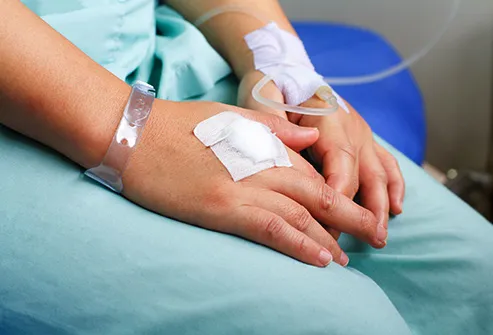
A lack of appetite is a common side effect of cancer. The disease and its treatments, like radiation and chemotherapy, might also cause nausea, pain, or dehydration. They can even change the way foods taste or smell. Talk to your doctor if you have a hard time eating enough at mealtime. You may need to have 6 to 8 smaller meals a day.
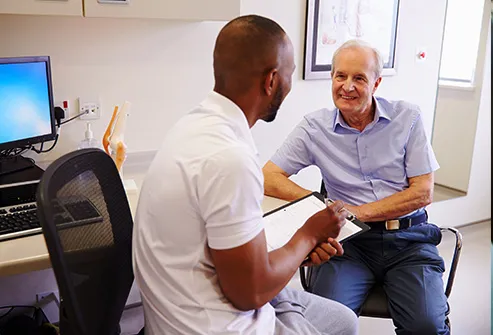
Up to 30% of older people have less of an appetite than they used to. It can happen for a number of reasons. As you age, your digestion slows, so you tend to feel fuller for longer. Your sense of smell, taste, or vision may also get weaker. This can make food less appealing. Hormonal changes, a chronic illness, and medications can also curb your hunger. Talk to your doctor -- she can help you figure out what’s going on.
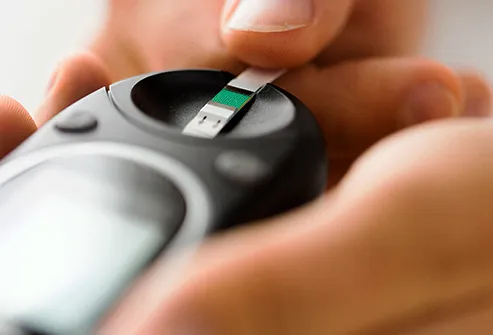
If your diabetes isn’t managed well, high blood sugar levels can damage nerves in your body. One of them may be the vagus nerve, which controls your stomach muscles. When this nerve doesn’t work the way it should, food doesn’t move through your gastrointestinal tract as quickly. Called gastroparesis, this condition causes a loss of appetite and bloating. It’s treated with changes to your diet, medication, or surgery.
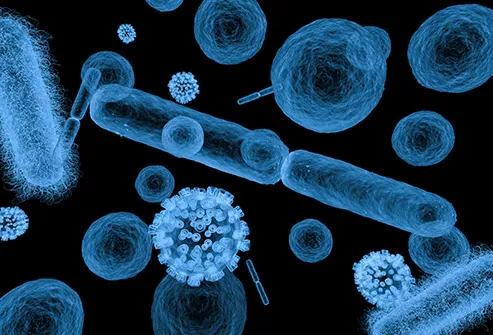
If you have nausea, diarrhea, and cramps, you may have a stomach bug, or gastroenteritis. That’s when a virus, bacteria, or parasite infects your stomach and intestines. Chances are, the last thing you feel like doing is eating. Once the nausea goes away, start with bland foods, like bananas, rice, or toast. And drink plenty of fluids to make sure you stay hydrated.

When eating leads to nausea, diarrhea, bloating, or stomach pain, your appetite can nosedive. This often happens with stomach disorders. One of the most common is irritable bowel syndrome, a chronic condition of your large intestine. Colitis and Crohn’s disease are more serious illnesses that trigger some of the same symptoms. If you’re having these kinds of problems, see your doctor.
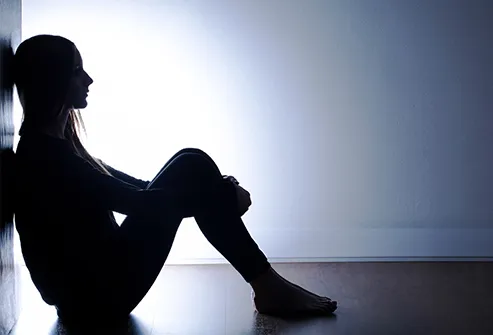
For some people, this can lead to cravings and weight gain. For others, it can have the opposite effect. Depression triggers your brain to release more of a hormone called corticotropin-releasing factor (CRF). It can make you less hungry. With severe depression, you may lose interest in cooking and eating. If your change in appetite comes with a change in mood, talk with your doctor about it.
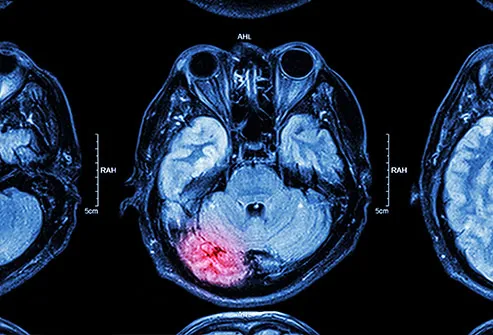
A mild form of traumatic brain injury, this can cause dizziness, headaches, and nausea. In some cases, you may lose some of your sense of smell. That can make food less appealing. If you think you have a concussion, see your doctor. He can find out for sure. If it's not serious, he may tell you things to do to help you feel better faster, like get plenty of rest.